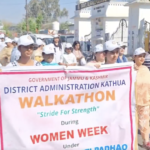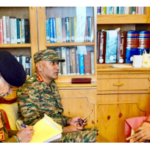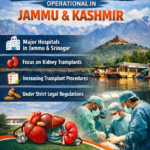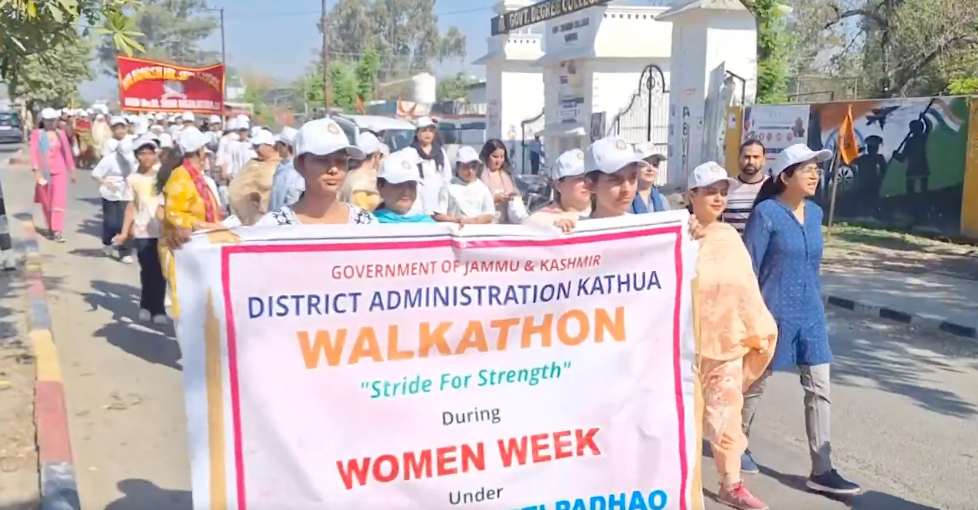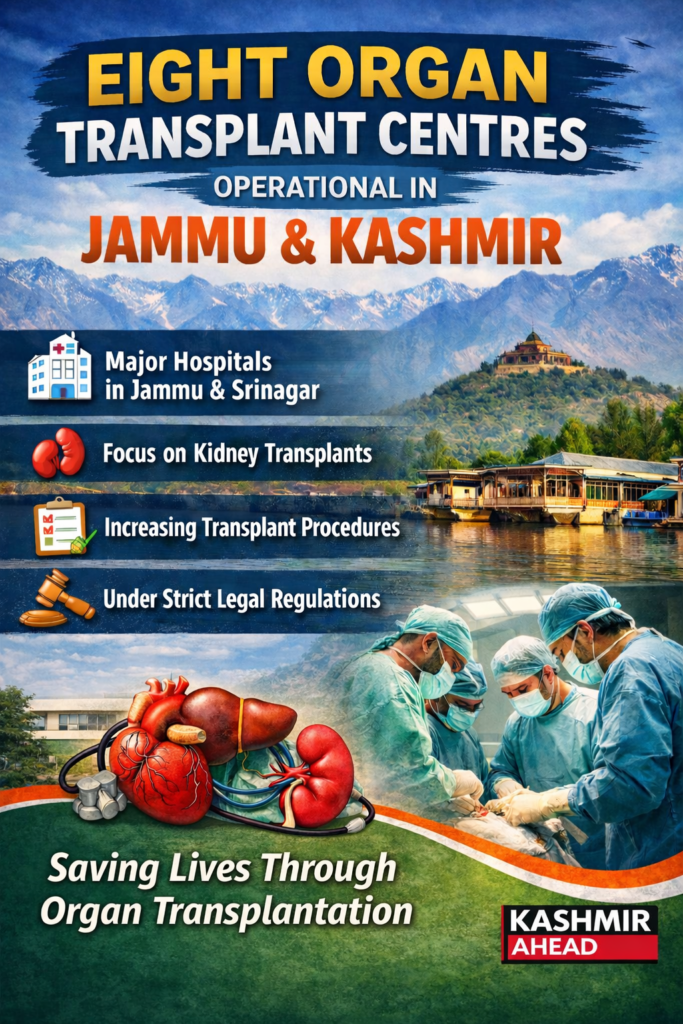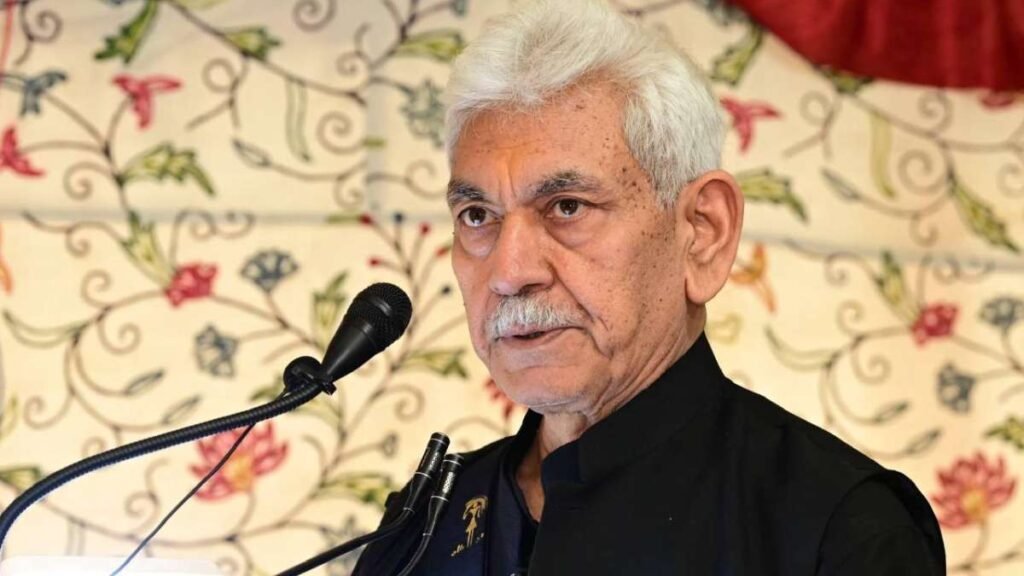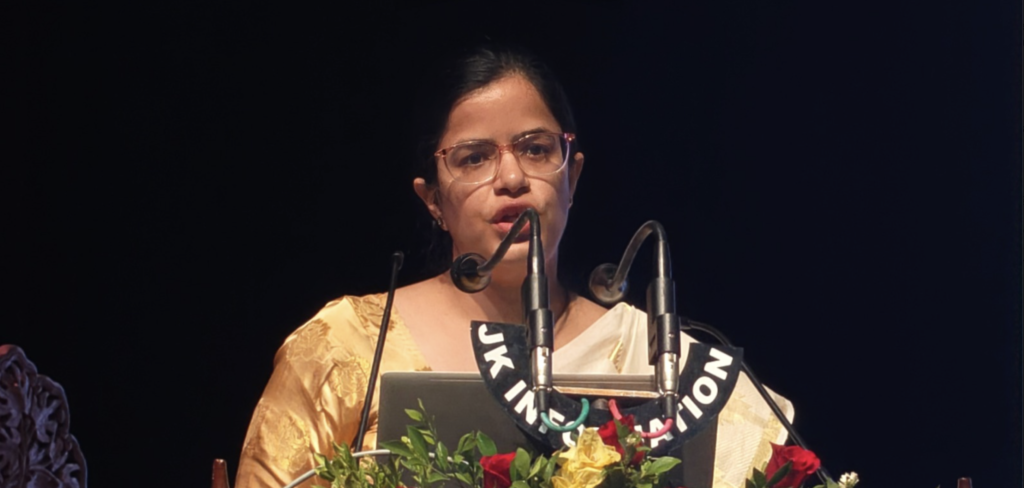Srinagar, October 5, 2025 – In a significant step towards enhancing rural livelihoods and nutritional security, the Livestock Production and Management (LPM) Division of Sher-e-Kashmir University of Agricultural Sciences and Technology of Kashmir (SKUAST-K) distributed improved Gramapriya chicks to 40 tribal families from the Ganderbal district. The event, held at the Faculty of Veterinary Sciences Shuhama campus, is part of the ongoing #SEWAPARV program aimed at empowering Kashmir’s rural and tribal communities through sustainable agricultural interventions. The beneficiaries, primarily from areas like Dignibal and Allusteng in the Ganderbal belt, received backyard poultry units comprising 4-week-old Gramapriya chicks along with essential poultry feed. This distribution is designed to boost income generation and provide a reliable source of nutrition for these underserved households, fostering self-reliance in poultry farming. Gramapriya, a dual-purpose breed known for its resilience and high productivity in eggs and meat, is particularly suited to the local agro-climatic conditions of Kashmir, making it an ideal choice for tribal farmers transitioning to improved livestock practices.
The program was overseen by key university officials, including Prof. Nazir Ahmad Ganai, Vice Chancellor of SKUAST-K, who highlighted the critical role of backyard poultry in promoting nutritional security and economic empowerment for rural families. Dr. Azmat Alam Khan, Registrar of SKUAST-K and Principal Investigator for the All India Coordinated Research Project (AICRP) on Poultry Breeding, emphasized ongoing research efforts under AICRP, the Holistic Agriculture Development Program (HADP), and Department of Science and Technology (DST)-funded initiatives to strengthen the poultry sector in the region. He assured continuous technical support and field assistance to the recipients under the Development and Promotion of Sustainable Poultry Technology (DAPST) framework, underscoring SKUAST-K’s dedication to farmer-centric and eco-friendly models.
This initiative aligns with broader efforts to uplift tribal communities in Jammu and Kashmir by integrating scientific advancements in livestock management. Similar programs in the past, such as those under the Tribal Sub-Plan, have demonstrated success in distributing Gramapriya chicks to tribal beneficiaries, paving the way for enhanced food security and supplementary income. The #SEWAPARV campaign continues to serve as a platform for such outreach, connecting remote farmers with modern resources and expertise to combat challenges like limited access to quality breeds and market linkages.Local farmers expressed gratitude for the support, noting its potential to transform their subsistence-based economies. SKUAST-K remains committed to expanding such programs, focusing on sustainable development and inclusive growth in Kashmir’s rural landscapes. For more details on similar initiatives, visit the university’s official channels or follow updates on #SEWAPARV and #LivestockEmpowerment.


